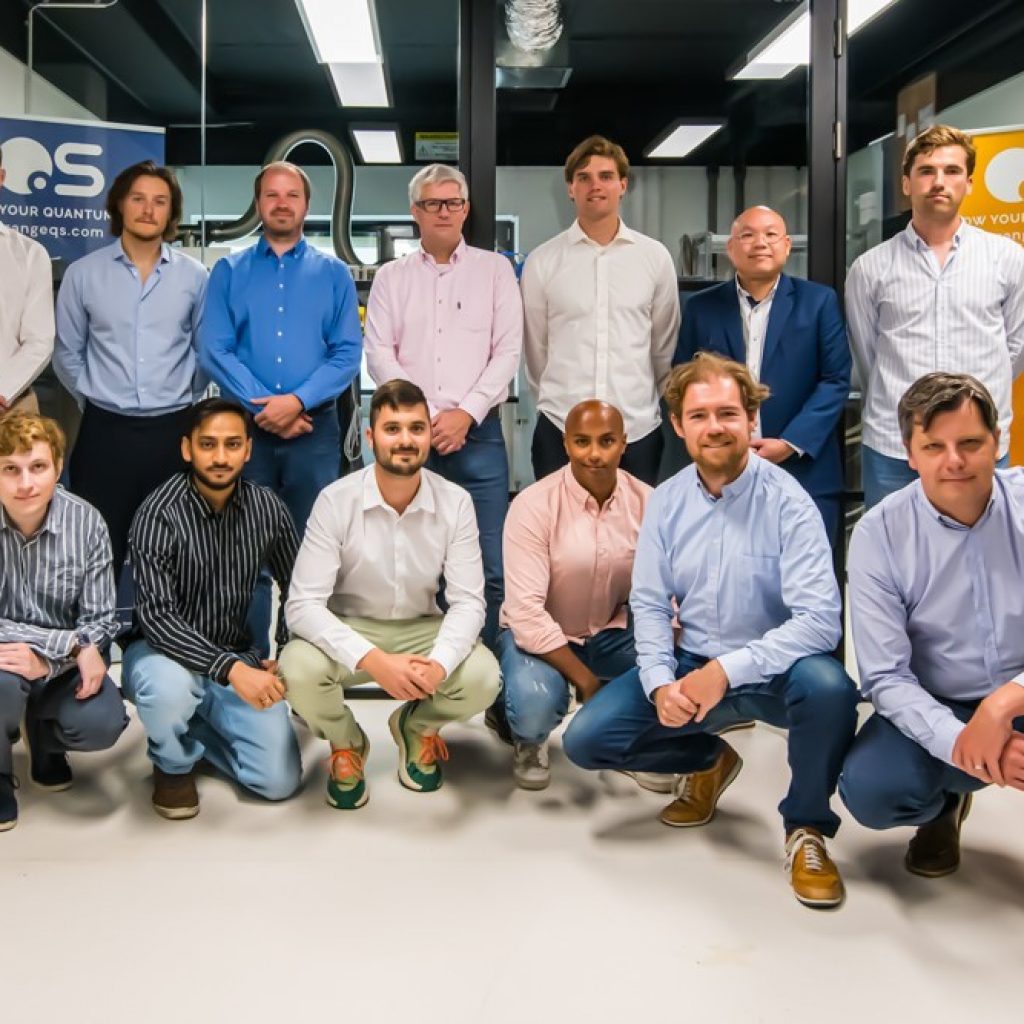Quantum computing represents a transformative leap in computational power, promising to solve complex problems at speeds unattainable by classical computers. At the heart of this technological revolution lies quantum chips, the essential building blocks of quantum computers. Ensuring the functionality and reliability of these chips is paramount, and the emerging field of quantum chip testing plays a pivotal role in achieving this goal.
Dutch startup Orange Quantum Systems, a relatively new company, is working towards making quantum testing faster and more efficient via their in-house team of experts. Recently, Orange Quantum Systems announced they had raised €1.5M in their pre-seed round, co-led by QDNL Participations and Cottonwood Technology Fund. With this new funding source, the company is pushing forward in advancing the process of quantum chip testing.
Challenges with Quantum Chip Testing:
Quantum chip testing involves a series of rigorous experiments and analyses to evaluate the performance and reliability of quantum hardware. It helps identify and rectify errors, calibrate qubits, and improve the overall efficiency of quantum processors. However, conducting these tests is no small feat. It demands cutting-edge technologies, specialized knowledge, and substantial resources, often challenging large corporations and traditional research institutions.
“Quantum chips are extremely sensitive to external noise sources because quantum mechanical resources for computation such as superposition and entanglement are extremely fragile,” explained Garrelt Alberts, the Managing Director at Orange Quantum Systems. “In order to make use of them one needs to provide an environment involving high vacuum, ultra-low temperatures and adequate shielding.”
Enter Orange Quantum Systems
Started in 2020 as a spin-off company from the Netherlands Organisation for Applied Scientific Research, Orange Quantum Systems has focused on making quantum chip testing more effective in the three years since its inception. The company joins a rich and varied ecosystem of quantum startups within the industry, all working to improve quantum technology. “The Orange QS is part of the Quantum Flagship project OpenSuperQPlus, which is building first a 100 and then a 1000 qubit European quantum computer, based on superconducting qubits,” elaborated Amber Van Hauwermeiren, the Co-Founder of Orange Quantum Systems.
As a quantum chip-focused startup, Orange Quantum Systems is leveraging some more streamlined processes like their Quantum Diagnostic Libraries, which “provide a reliable basis that would normally take a few months or years to be implemented by research groups in academia or R&D departments in industry,” added Adriaan Rol, the Director of Research & Development. “It has libraries with most of the standard test protocols you need to test the quality of the qubits and performance of the QPU (quantum processing unit), implemented as standardized software protocols. These protocols allow for the automation of the experiments that need to be executed over and over again in a very specific order, with professional software development, data storage, and end-to-end data analytics in mind.”
Quantum chip testing is the linchpin of quantum computing’s future, ensuring the reliability and functionality of quantum hardware. Startups specializing in this field are pivotal in advancing quantum computing technology. Their expertise, agility, and ability to collaborate effectively make them invaluable contributors to the quantum industry. As these startups continue to flourish, they will play a pivotal role in bringing us closer to realizing the full potential of quantum computing, revolutionizing industries, and solving problems that were once considered insurmountable.
Kenna Hughes-Castleberry is a staff writer at Inside Quantum Technology and the Science Communicator at JILA (a partnership between the University of Colorado Boulder and NIST). Her writing beats include deep tech, quantum computing, and AI. Her work has been featured in Scientific American, New Scientist, Discover Magazine, Ars Technica, and more.
